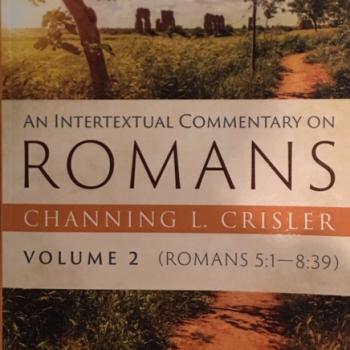Is Heaven Boring? What perceptions do we have about eternity? In intriguing chapters in Why Does God Allow Evil? professor and apologist Clay Jones (D. Min.) tackles such questions. He suggests that we will have “free will” in heaven, and this provides a reason for why we suffer on earth—“so that God can release us in His eternal kingdom to do what we want to do and yet not sin… but will heaven be worth it?” (p. 160). To arrive at... Read more





















Reading Romans 6-8 Intertextually: Exile and the Slaughterhouse
What do the topics of exile, renewal in the Spirit, the Abba cry, and believers as metaphorical sheep for the slaughter all have in common? They are all mentioned in the Romans 6-8 and involve intertextual echoes from the Old Testament. Intertextuality has to do with the presence of a text in another text. In the New Testament we find numerous text presences that frequently originate from the Old Testament or traditions originating from Jesus. For our study we... Read more